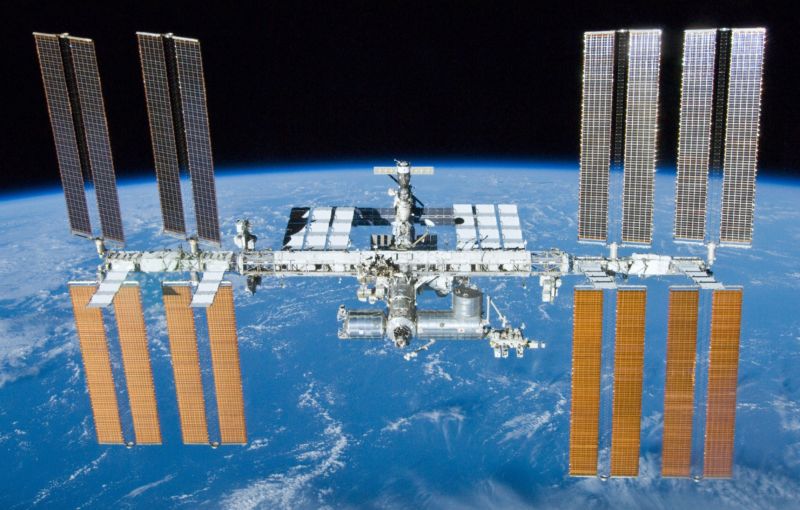

The ISS has had to maneuver yet again from Russian satellite debris
source link: https://arstechnica.com/science/2022/10/nearly-a-year-after-anti-satellite-test-the-iss-is-still-dodging-russian-debris/
Go to the source link to view the article. You can view the picture content, updated content and better typesetting reading experience. If the link is broken, please click the button below to view the snapshot at that time.

Late night maneuvers —
The ISS has had to maneuver yet again from Russian satellite debris
This fragment was one of more than 1,500 pieces of debris from Cosmos 1408.
Eric Berger - 10/25/2022, 1:33 PM

On November 15, 2021, Russia launched a Nudol missile at one of its aging satellites in low-Earth orbit. As intended, the missile struck the Cosmos 1408 satellite at an altitude of 480 km, breaking it into more than 1,000 fragments.
In the immediate aftermath of this test—which Russia carried out to demonstrate to other space powers its anti-satellite capabilities—American and Russian astronauts aboard the International Space Station scrambled into spacecraft in case an emergency departure was needed. They remained in these shelters for about six hours before getting an all-clear to return to normal activities.
Following international condemnation for this test, Russian officials claimed that Americans and other officials had overreacted. "The United States knows for certain that the emerging fragments at the time of the test and in terms of the orbit’s parameters did not and will not pose any threat to orbital stations, satellites and space activity," the Defense Ministry of Russia said at the time.
However, in the year since then, there have been a number of close calls resulting from near collisions with an estimated 1,500 trackable pieces of debris from the satellite's destruction. In January, for example, a piece of debris came within just 14 meters of a Chinese science satellite.
The International Space Station has also had to maneuver out of the way of potential impacts on several occasions. It had to do so again on Monday evening, NASA said. To put "an extra measure of distance" between the station and the predicted track of debris from Cosmos 1408, thrusters fired for more than five minutes.
AdvertisementIronically, the thrusters were those of a Russian Progress vehicle, docked to the station in part to give the laboratory propulsive capability to maintain its orbit and just for such maneuvers.
Largely in response to Russia's destruction of Cosmos 1408, the United States in April said that it would ban the practice of such direct-ascent anti-satellite missile tests. "Through this new commitment and other actions, the United States will demonstrate how space activities can be conducted in a responsible, peaceful, and sustainable manner," Vice President Kamala Harris said in announcing the ban. "Without clear norms we face unnecessary risk in space."
Harris called upon other nations to follow suit and end the practice, which creates orbital debris in the increasingly crowded low-Earth-orbit environment. Since then the United Kingdom, South Korea, Japan, Germany, Canada, and New Zealand have also committed to not performing such tests. These countries are concerned not just about protecting existing assets, but preserving low-Earth orbit for future economic development.
In announcing its commitment earlier this month, the United Kingdom said, "Given our increasing security and socioeconomic reliance on space, we believe that destructive testing of direct ascent anti-satellite missiles can be conclusively regarded as irresponsible."
The United States has no power to compel other countries to follow suit, of course, but it is hoped that establishing such a practice could lead to norms of behavior. Russia and China responded with generally positive comments after the US announcement but so far have not made any commitments to ending the practice.
Recommend
About Joyk
Aggregate valuable and interesting links.
Joyk means Joy of geeK